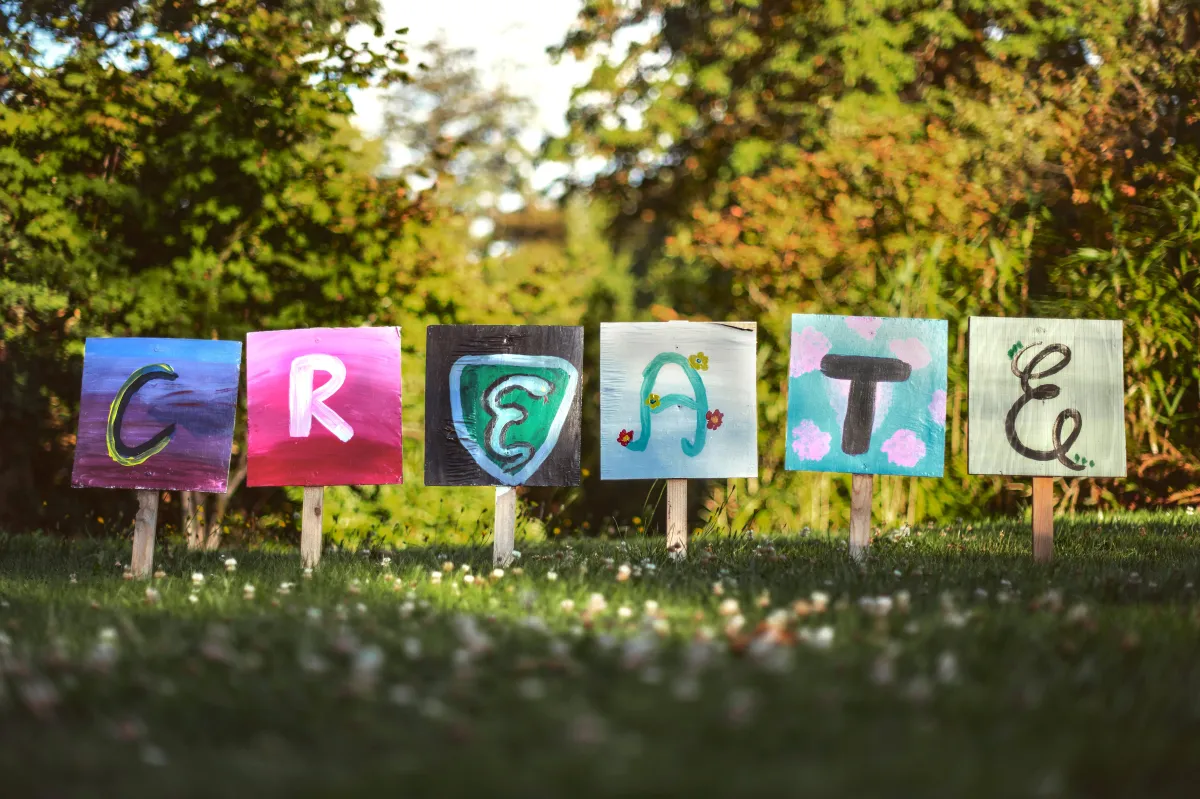Blog
Practical insights, honest reflections, and compassionate guidance for navigating grief and life's challenges. Here you'll find articles that help you understand what you're going through and give you tools to move forward with hope.

Handling Grief and Tough Times through Creativity
Grief is something we’ll all experience at some point, yet many of us feel unprepared for the emotional rollercoaster it brings. And while death is one of the most recognised causes, there are actually over 40 life events—such as divorce, job loss, health issues, or retirement—that can trigger feelings of grief and emotional pain.
When something ends or changes significantly, we may feel overwhelmed by emotions we don’t know how to process. Grief isn’t one-size-fits-all; it’s a deeply personal journey that depends on your relationship to the loss, how it happened, and your own emotional resilience.
Whether you’re mourning a loved one, navigating a major life transition, or supporting someone else who is grieving, creativity can be a powerful tool for healing.
Why Creative Expression Helps with Grief
As a Grief Specialist, I’ve seen time and again how creative outlets can offer comfort, release, and emotional insight. They help us feel calmer, more present, and connected to ourselves.
Here’s how creativity supports emotional healing:
Releases stored emotions like sadness, anger, guilt, or fear
Stimulates the brain’s reward system, releasing feel-good chemicals like endorphins and dopamine
Encourages mindfulness, helping you stay grounded in the present
Promotes self-reflection and emotional growth
Provides a non-verbal way to express complex feelings
When grief clouds your mind, creative activities like drawing, writing, or music can offer a safe space to explore and release what you're feeling.
Arts and Crafts: A Gentle Way to Let Emotions Flow
When words are hard to find, creative activities give grief another voice. If you're feeling overwhelmed or numb, picking up a paintbrush or working with your hands can help you process your emotions without needing to explain them.
Crafts like:
Painting
Drawing
Sculpting
Pottery
Collage
…can become powerful forms of emotional expression.
Art can symbolise your inner world and offer moments of reflection. Sharing what you’ve made with others, especially in a grief support setting, can also help you feel seen and understood. It’s not about being “good” at art—it’s about letting your feelings come through in a way that feels safe and honest.
Writing for Healing: Journals, Poems and Reflections
Writing is a deeply therapeutic practice. Putting your thoughts and feelings on paper can offer clarity and relief.
Try:
Journaling – record your memories, struggles, and small wins
Poetry – let your feelings flow through rhythm and metaphor
Storytelling – explore the meaning of your loss and your journey forward
One friend of mine, after losing her mum, began writing poetry. She was surprised at how naturally the words came and how much lighter she felt afterwards. Writing helped her make sense of the pain and honour her mum's memory in her own way.
Music: Comfort When Words Fall Short
Music has the power to connect you to emotions you may not even realise you're carrying. It can unlock memories, offer peace, or give you strength to get through the day.
Listening to music that reflects your mood can help you feel seen
Singing or playing an instrument offers a form of emotional release
Lyrics can express what you can't say aloud
Music can soothe anxiety, uplift your spirit, or provide a sense of belonging
Even quietly humming a familiar tune can calm your nervous system and bring comfort in difficult moments.
Connecting with Others Through Creativity
Grief can feel lonely—but you don’t have to go through it alone.
Joining creative workshops or support groups that focus on grief gives you the chance to:
Be in a space where others understand
Share your story through your creations
Build emotional resilience through shared experience
Give and receive encouragement without pressure or judgment
These communities often become safe spaces for healing, offering hope and connection during tough times.
Creativity Is Not a Distraction—It’s a Path to Healing
It’s important to understand that creative expression isn’t about “fixing” your grief or pretending it doesn’t exist. It’s not a replacement for professional help either, when that’s needed.
Instead, creativity offers:
A way to honour your emotions
A step towards understanding your grief
A process for finding meaning and moments of calm
A tool for making sense of the changes in your life
There is no right or wrong way to express grief creatively. Choose what feels most natural to you—whether it’s sketching in silence, dancing in your kitchen, or scribbling in a journal. Your expressions are a reflection of your love and your courage to heal.
When to Seek Professional Support
Creative expression is powerful, but it’s not always enough on its own. If you’re struggling with unresolved grief, feeling stuck, or overwhelmed for a prolonged period, professional support can make a real difference.
I work online as an International Grief Specialist and offer free 30-minute discovery calls to explore whether one-to-one grief support might be the right fit for you.
If you're in the UK and need immediate support or lower-cost options, you might find help through:
If you're outside the UK, a quick local search should guide you to services in your area.
Ready to Take the Next Step?
If you’ve been feeling stuck or overwhelmed, you may be carrying unresolved grief without even realising it.
To learn more, read my article:
👉 Is Unresolved Grief Holding You Back?
This short read will help you understand what might be going on beneath the surface—and what you can do about it. It also includes a link to my free self-assessment quiz:
‘How well are you handling your grief?’
It only takes a few minutes and will give you valuable insights into how you’re really doing.
Remember: Grief takes time, and healing is not linear. But with the right tools, support, and a bit of creativity, you can move forward—one small step at a time.
Want to collaborate?
Let's talk. I'd love to hear how we can support each other.
Connect with me
Find me on social media or drop me a message. I'd be happy to connect and answer any questions you might have.
© Copyright 2026. Ghulam Fernandes. All rights reserved.

